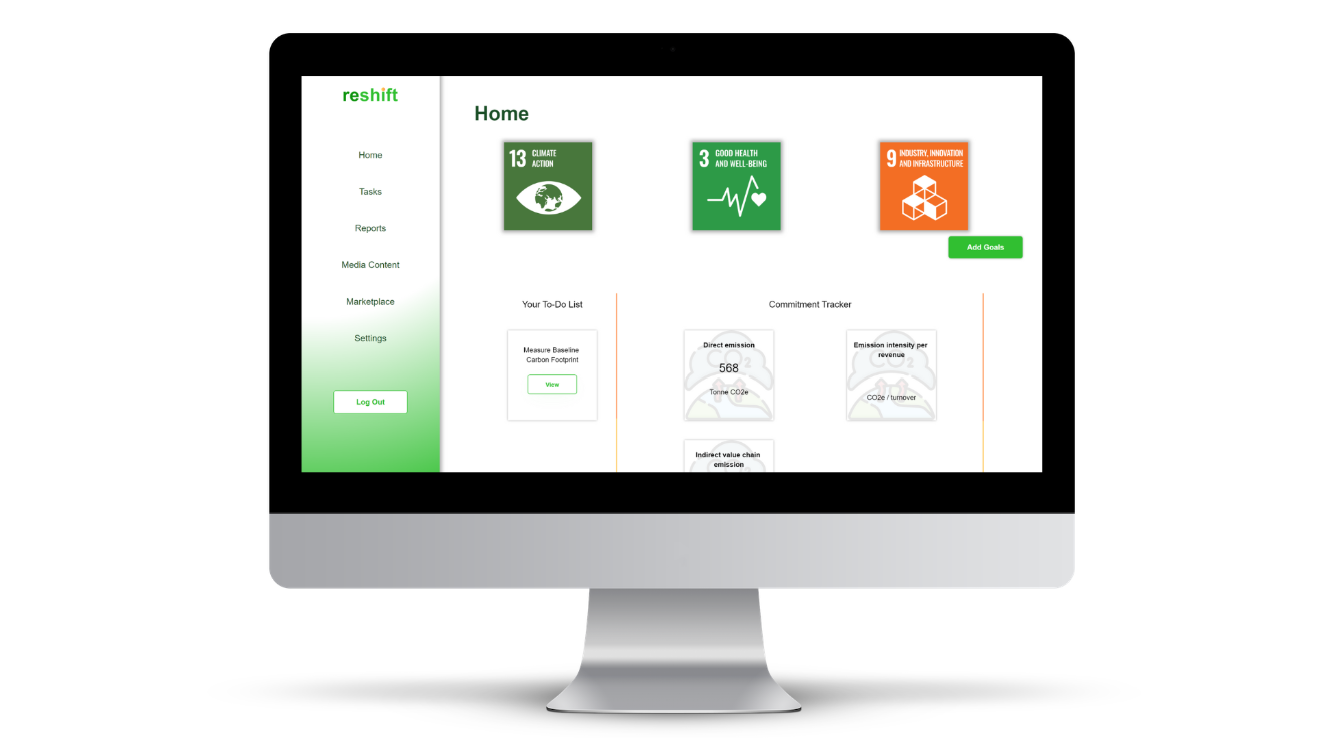Carbon offsetting is a popular strategy for companies and individuals to reduce their carbon footprint and mitigate the effects of climate change. However, it’s not a perfect solution and there are several issues that need to be considered when it comes to offsetting.
One of the main issues with carbon offsetting is the lack of standardization and regulation in the industry. There are currently a wide variety of carbon offsetting projects available, and it can be difficult for consumers to know which projects are reputable and effective. This can lead to a lack of trust in carbon offsetting as a solution and can make it difficult for companies to accurately measure and offset their emissions.
Another issue with carbon offsetting is the potential for “double counting” emissions. This occurs when a company purchases carbon credits from a project, but the emissions reductions from that project are also claimed by another entity. This can lead to an overestimation of emissions reductions and undermines the effectiveness of carbon offsetting.
Additionally, carbon offsetting can create a moral hazard, where companies and individuals may feel less inclined to reduce their own emissions if they can simply offset them instead. This can lead to a lack of progress in reducing overall emissions and can undermine the effectiveness of carbon offsetting as a solution.
Furthermore, many carbon offset projects are based in developing countries and may have unintended consequences on local communities such as displacement, loss of land, or restriction of access to resources. It’s important for the companies to conduct proper due diligence and ensure the projects they invest in are not causing harm to local communities.
In conclusion, the lack of standardization and regulation in the industry, the potential for double counting emissions, the moral hazard, and the potential negative impacts on local communities are all important factors to consider before jumping into the Carbon offsetting bandwagon. It’s important for companies and individuals to conduct proper due diligence and ensure that their carbon offset projects are reputable, effective, and do not harm local communities. Furthermore, it’s important to note that carbon offsetting should be seen as a complementary strategy to reducing emissions once all the other options have been exhausted, rather than a standalone or a primary solution.


